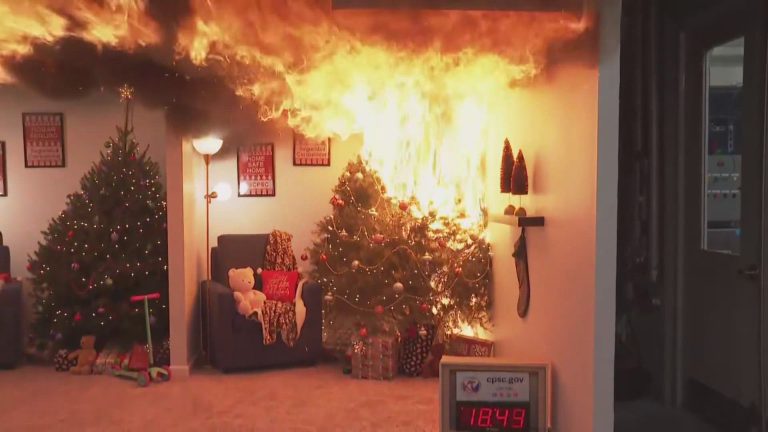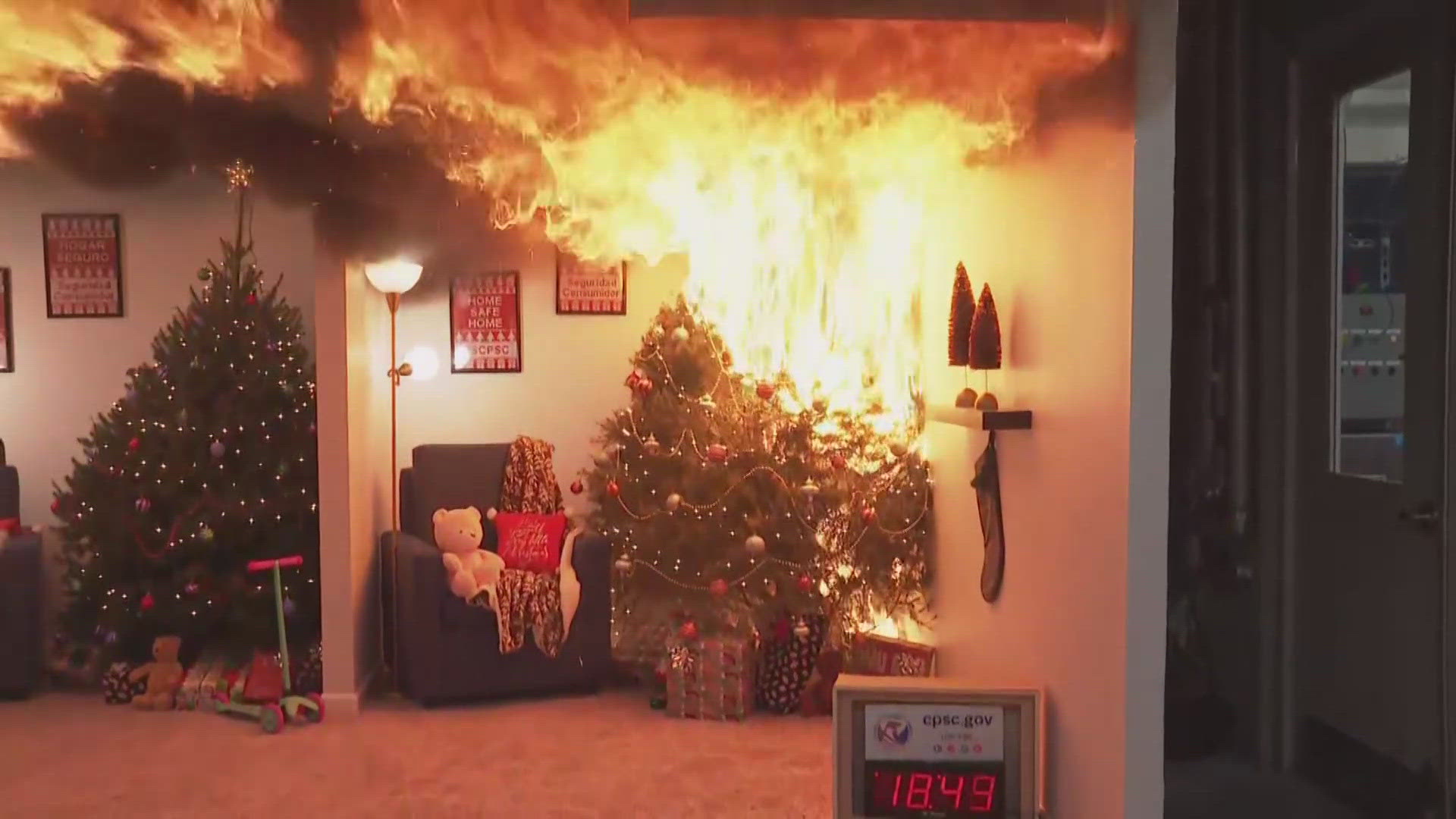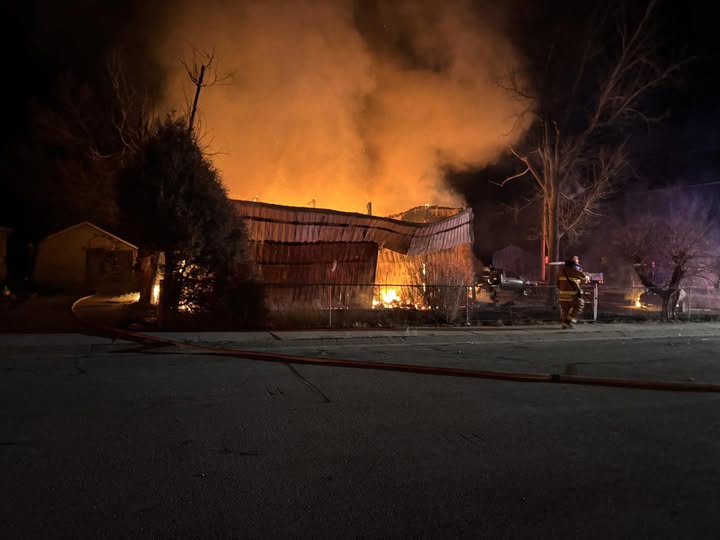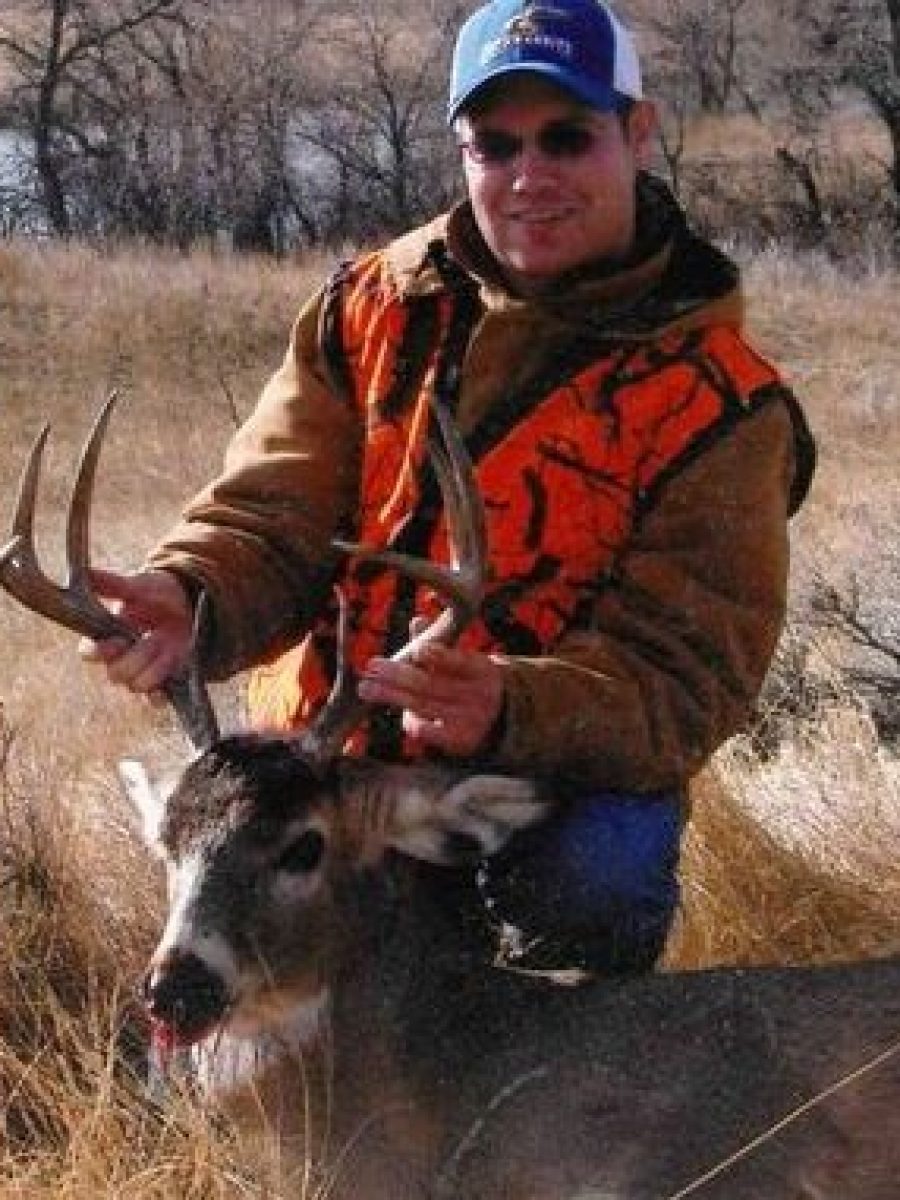BROOKINGS, S.D. – The state Supreme Court examined disputes over sculptures commissioned by the actor Kevin Costner and pandemic benefits paid to a business owner as justices heard arguments in several cases Wednesday.
The court held its first of two days of oral arguments for its spring term on the South Dakota State University campus in Brookings.
The court will hear arguments in four more cases Thursday, and will release rulings later.
Decades-long dispute between Costner & local artist
This is the second time Costner and South Dakota artist Peggy Detmers’ dispute has appeared before the state Supreme Court — and this second appearance hinges on the Supreme Court’s 2012 ruling.
Their argument dates back to the 1990s, when the “Dances with Wolves” actor bought property in Deadwood and planned to open The Dunbar casino, named after his character in the movie, which was filmed in South Dakota. He commissioned Detmers to sculpt a massive piece of work for The Dunbar. Detmers spent several years working solely on the sculptures without taking on other commissions.
The sculptures include life-size Lakota hunters on horseback chasing down over a dozen buffalo — some of which appear to freefall over a cliff at the site. The work is now displayed outdoors at the Black Hills tourist attraction Tatanka, because The Dunbar was never built. Tatanka: Story of the Bison is a 35-acre property featuring the sculptures and a visitor center filled with a museum of the history of Lakota people and bison.
In the first Supreme Court ruling, the court determined that Costner did not break his agreement with Detmers when he placed the sculptures at Tatanka, since they were being publicly displayed in the same location that The Dunbar had been planned, and determined that Costner was not required to sell the sculptures.
Detmers’ lawyer, Andrew Damgaard, on Wednesday argued that since the Tatanka property has been listed for sale since the court’s first ruling, Costner has violated the prior agreement between the two to “permanently” display the sculptures at Tatanka. The property is listed for sale at $7 million.
A circuit court ruled in favor of Costner earlier, saying the issue was already interpreted by the Supreme Court and that Costner “fully performed and owed Detmers no continuing duty because she had no continuing rights regarding the location of the sculptures.”
But Damgaard said there are two contracts — including an implied or verbal contract. Selling the property and moving the sculptures from their “permanent” location would be a breach of the implied contract, Damgaard said, citing a phone call from Costner in 2002 saying that the sculptures are intended to remain at Tatanka “for all time.”
Detmers is fighting to get her copyright back for the sculptures with royalty rights and the ability to display the sculptures when the property is sold, Damgaard said.
Part of the agreement between Detmers and Costner was that if the sculptures aren’t “agreeably displayed,” then Costner would sell the sculptures, Damgaard said. Detmers would get her copyright back with the sale and if any profit was made, the two would split the money evenly.
One of Costner’s lawyers, Stacy Hegge, pointed out to the court that Costner invested $6 million into the property. She added that Costner “fully performed” and satisfied the provisions in the first contract and should be free of other obligations.
“She will not agree to any alternative placement,” Hegge told the justices.
State demands small business owner pay back $14K in pandemic relief
Another case heard by the state Supreme Court on Wednesday involves Black Hills-based White Tail Ridge Bed and Breakfast and the pandemic relief benefits the owners received.
The bed and breakfast, now permanently closed, was owned by Darcy Bracken and her husband. Guests canceled reservations and stopped booking rooms during the early days of the COVID-19 pandemic between March and May 2020, her lawyer Eric Schulte told justices.
The bed and breakfast stayed open but the business was devastated, argued Schulte, who said the business’ profits were Bracken’s primary source of income.
Bracken applied for federal Pandemic Unemployment Assistance benefits, saying she became unemployed in March 2020 because of the pandemic and the halt in business.
The South Dakota Department of Labor awarded over $14,000 in funds to Bracken from the March 2020 Coronavirus Aid, Relief and Economic Security Act.
But a July 2021 review by the department found Bracken was not eligible for the benefits and that she needed to repay them because “she was not considered unemployed.”
Bracken appealed to the Supreme Court because an administrative law judge and a circuit court judge determined Bracken was ineligible. Those judges ruled that the business suffered “indirect economic consequences of the pandemic” rather than “direct consequences.”
“There is no dispute there was a loss of business,” Schulte said. “We believe the CARES Act specifically allows for her to apply and it was properly applied.”
Schulte argued that an “incorrect legal standard” was applied in the lower court and that it was “common sense” that the pandemic had a direct impact on Bracken’s “dried up” business.
“To come back several months later after the state approved this, saying you have to pay this all back now … we think is manifestly unfair,” Schulte said.
Lawyer Seth Lopour, representing the state, argued that the department correctly applied the CARES Act when it tried to recover the money, and that there is a lack of evidence pertaining to the bed and breakfast’s decline in business.
He added that the state reserves the right to “claw back funds” if an error is discovered.
“This is not a stimulus check,” Lopour said. “Because she affirmatively applied for benefits, she’s required to make an evidentiary showing.”
Schulte emphasized in his rebuttal there is evidence in the record showing how the pandemic impacted Bracken’s business.












